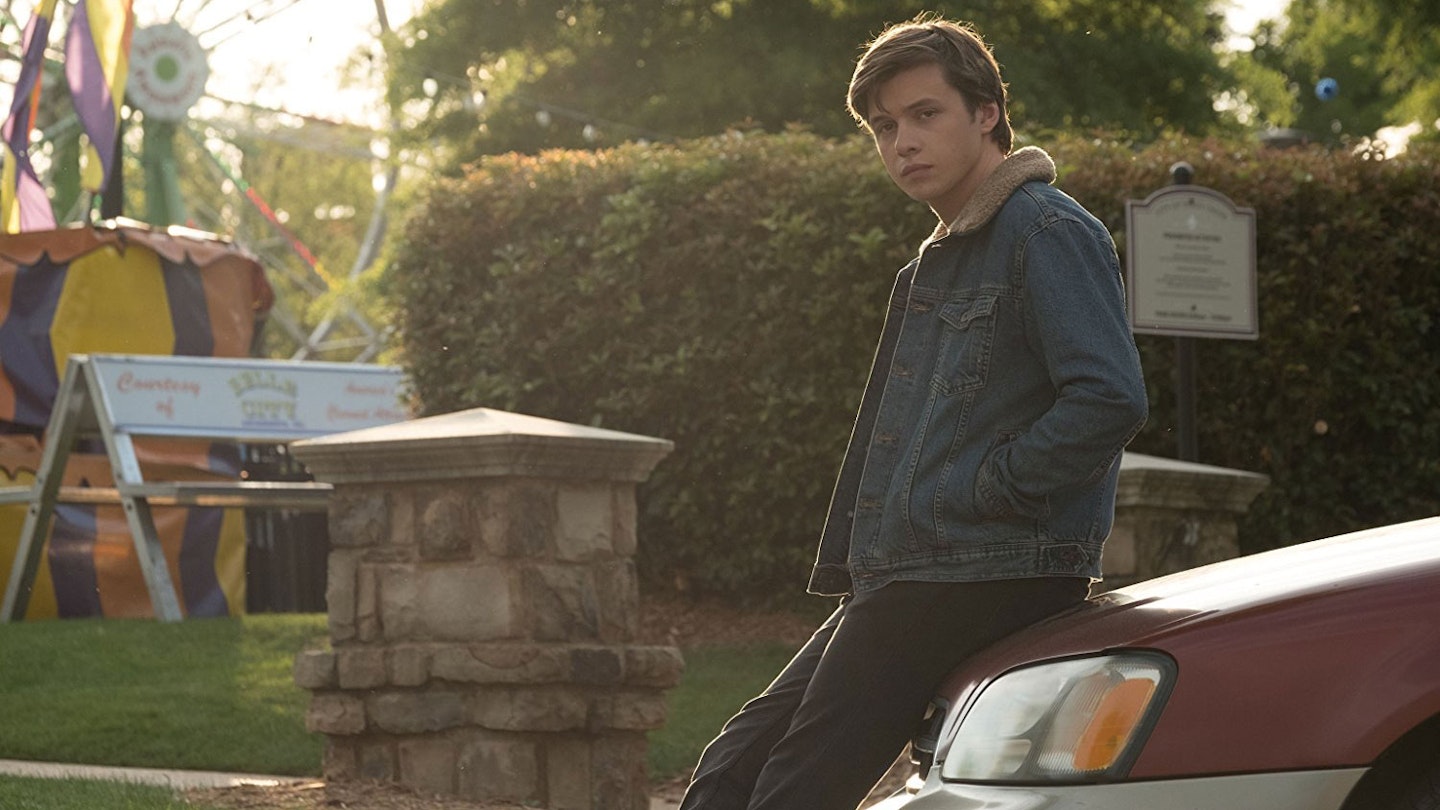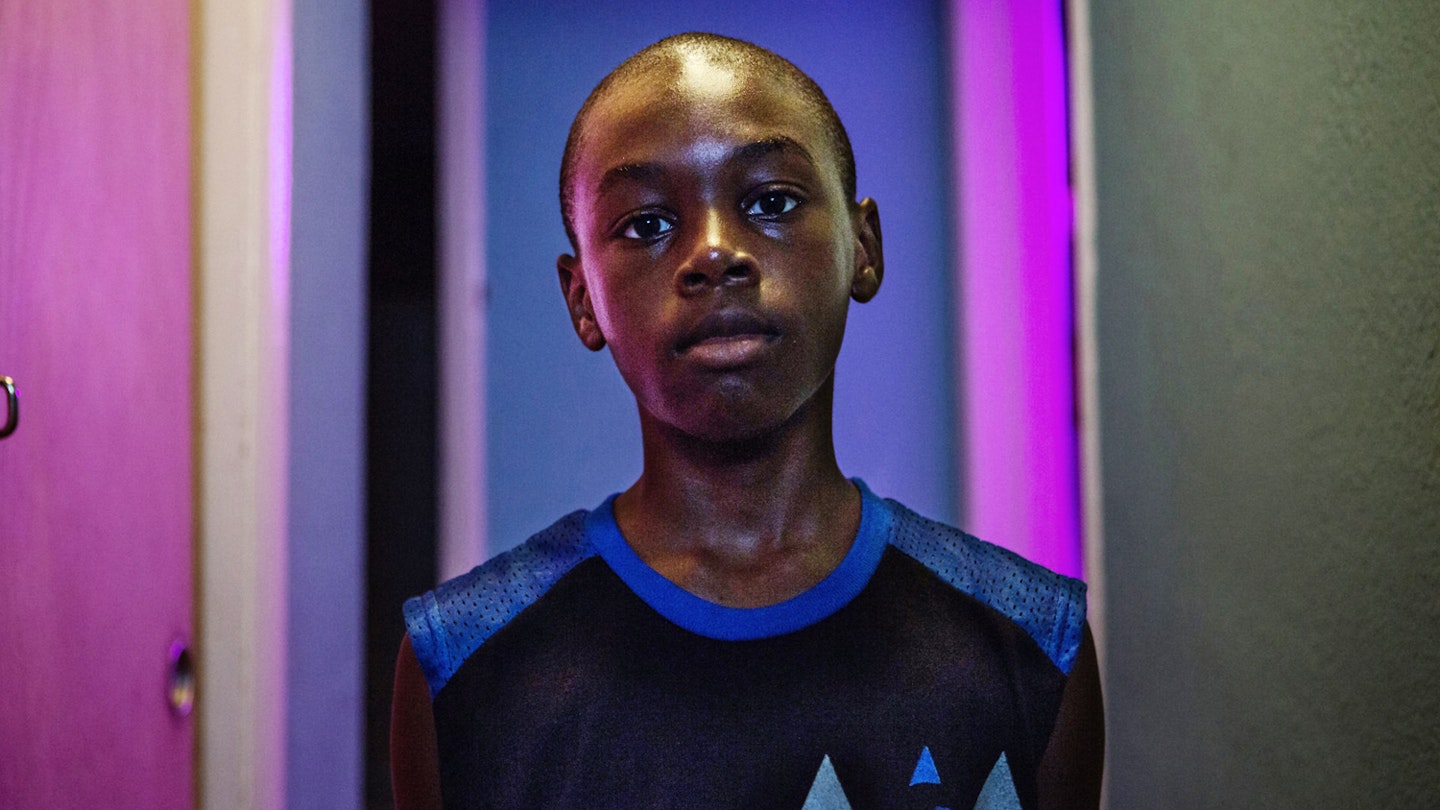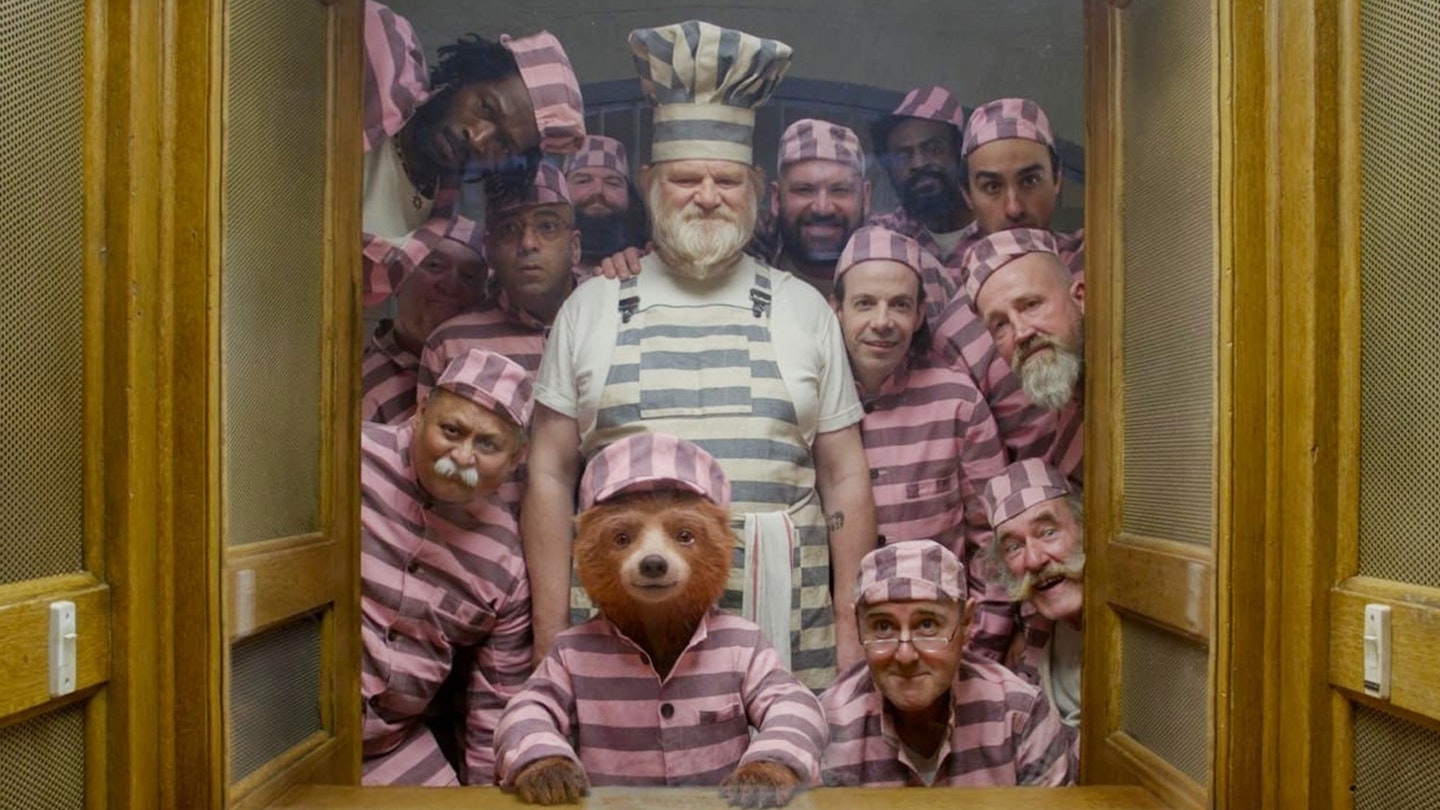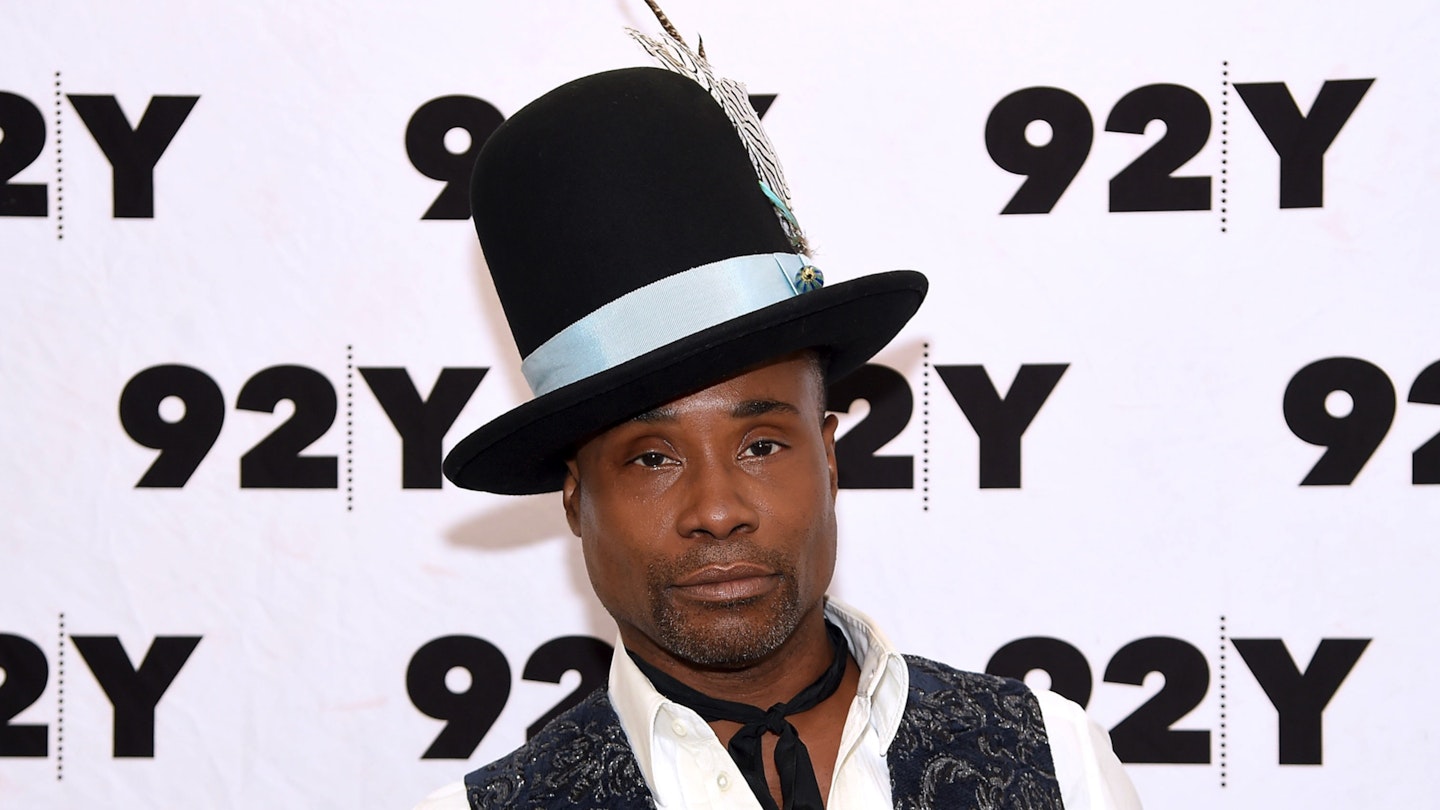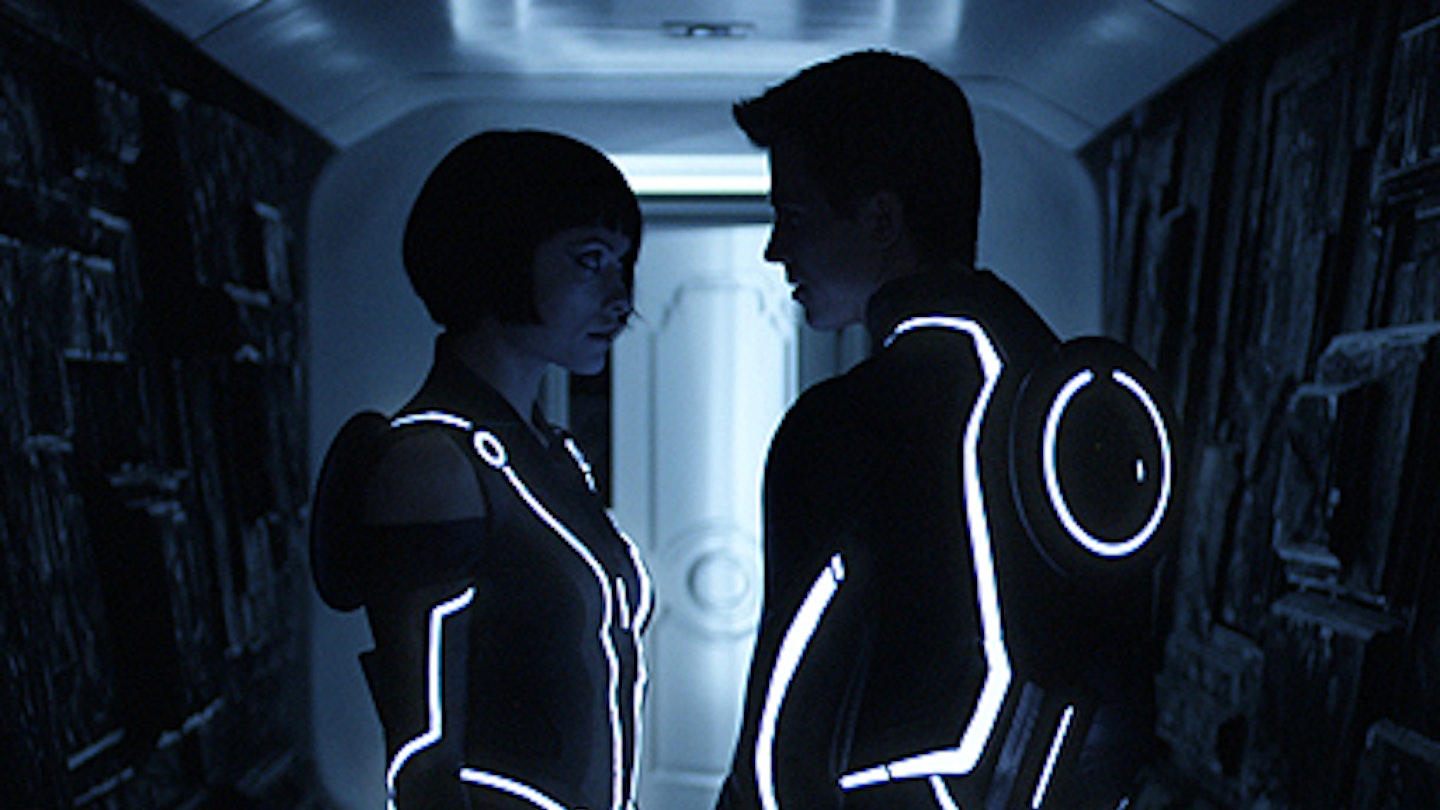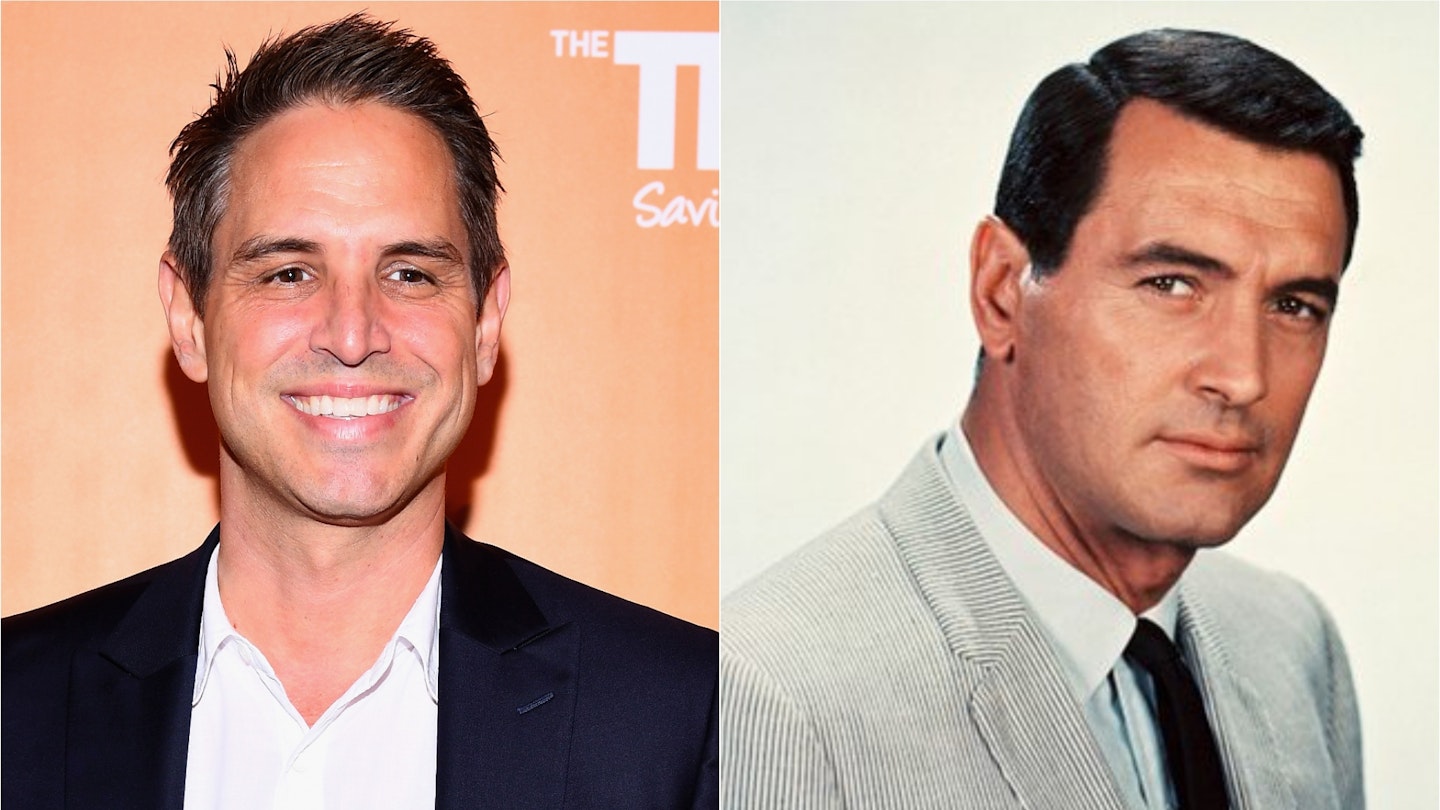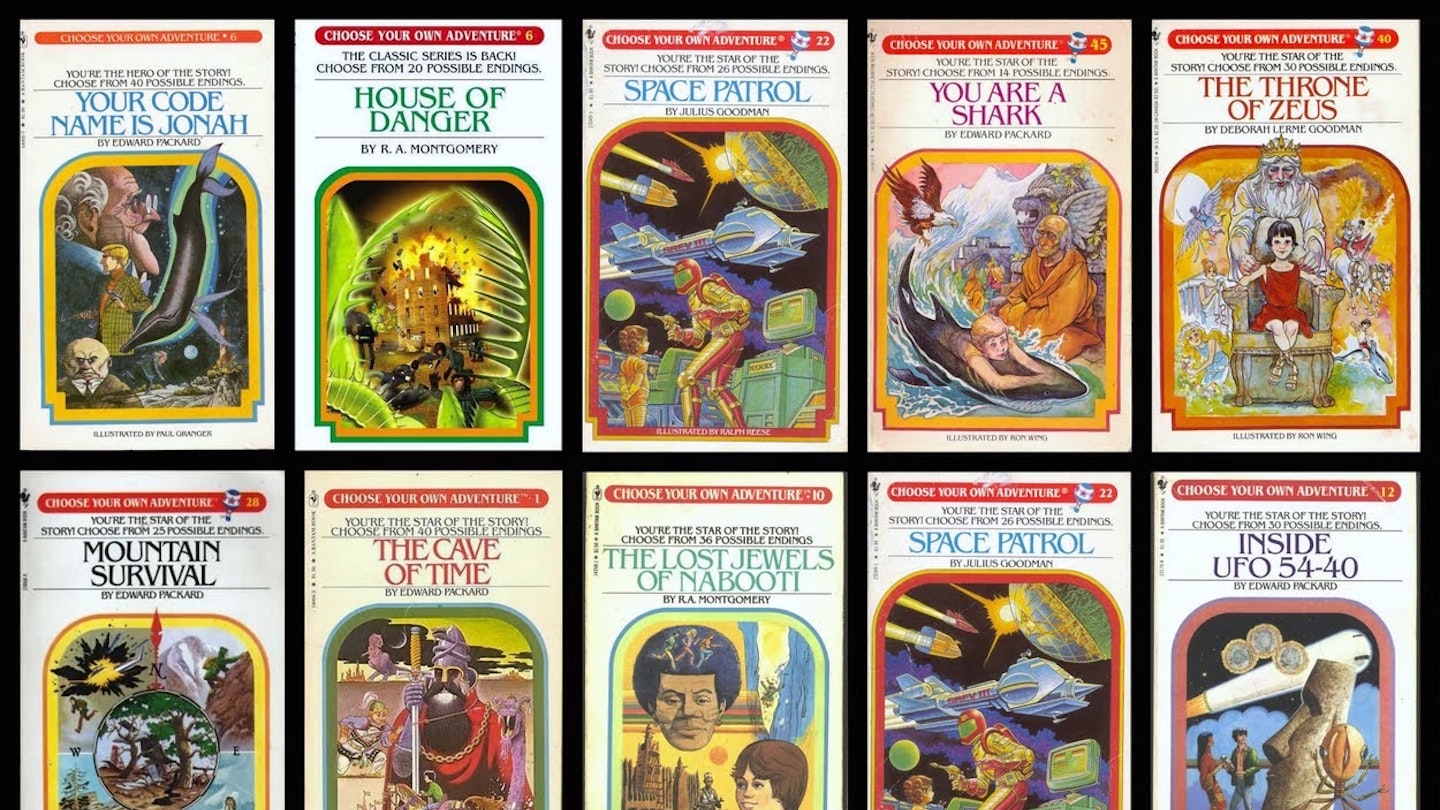Love, Simon has made history by virtue of simply existing: the first studio-made high-school romcom with a gay character doing the hand-wringing over his heart-aching. Seventeen-year-old Simon Spier (Nick Robinson) is a white, middle-class teenager from an achingly-liberal family in the suburbs who has the perfect life, apart from (dun, dun) he’s hiding a secret. His sexuality. And though he seemingly has the perfect support system – cool, artsy friends, liberal, funny parents – he won’t, can’t, come out. The only person he can speak to is the only person who knows: ‘Blue’, the anonymous classmate he begins an online relationship with who is also struggling to come out. But what is Blue’s real identity and will Simon be able to keep his secret long enough to come out in the way he wants?
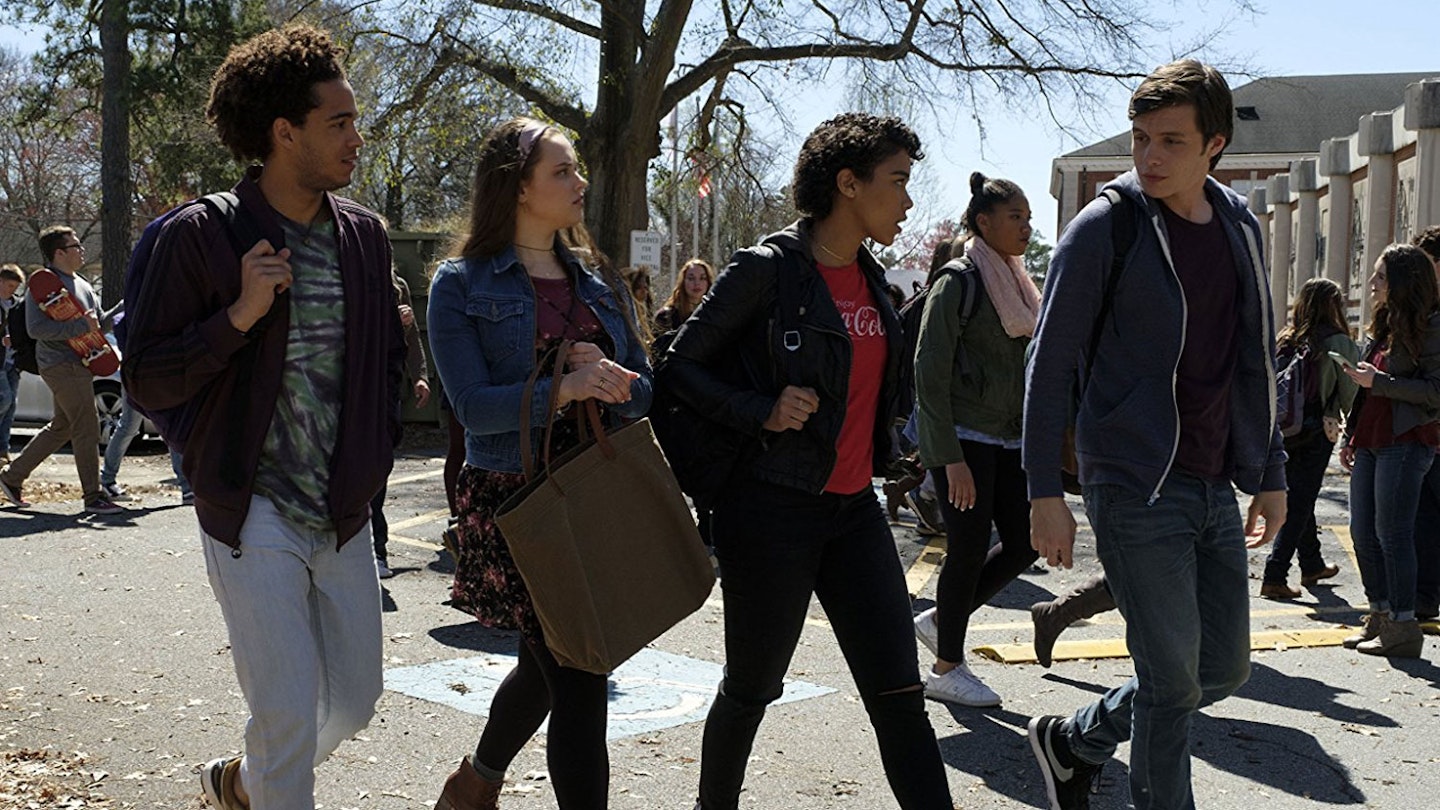
On the surface, it’s an unrealistic, verging-on-problematic conceit, with so many LGBTQ kids struggling for breath at the spot where their sexuality intersects with race, class or gender identity. Simon’s friends are pretty and kind. They drink iced coffees on the way to school. Simon’s vinyl collection is remarkably assured. His hair the perfect ratio of product, genes and gravity.
This is not queer cinema at its most transgressive. It’s queer cinema at its most everyday.
And it is, as you might expect for a 12A film aimed squarely at teenagers, a vanilla, sex-less portrayal of gay relationships. No Grindr, no sexting, no bare bottoms. Everyone is beautiful and desperately, deeply sensitive. They talk about their feelings. And while truly that’s no different to any of the teen films that came before, the distinction is the inclusivity. That the coy glances and chaste fantasies and brushing of fingertips belong to two boys. Yes, it is safe, but that doesn’t mean the shift isn’t seismic.
And in fact, once you are under the skin of the film, it proves itself, scene by scene, to be a smart, (surprisingly) self-aware and funny-as-all-hell exploration of privilege, that ultimately acknowledges that as a teen, whoever you are, whatever you are, love is hell.
Nick Robinson perfectly pitches the devastating isolation Simon experiences, giving shape to the reality that his privilege offers no real comfort at all. Katherine Langford is beautifully understated as Leah, Simon’s heartsick, bearing-her-own-secret best friend, and Jennifer Garner and Josh Duhamel are utterly charming as the right-on parents grappling with their own not-entirely-right-on reactions.
There is one dud plotline involving the school ‘weirdo’ that threatens to send the film narratively off-course, but the pace and rhythm you’d expect from director Greg Berlanti (Dawson’s Creek, The Flash, Supergirl) keeps the brisk bite of the storytelling intact.
Ultimately, what makes you love Love, Simon is the thing that initially makes you flinch: the sheer ordinariness of it. Of Simon. Of his world. Of his love. This is not queer cinema at its most transgressive. It’s queer cinema at its most everyday. And it’s this, truly, that could be the most radical act of this sweet, heart-warming film. “I’m just like you,” says Simon as the film opens. Yes, he is.
